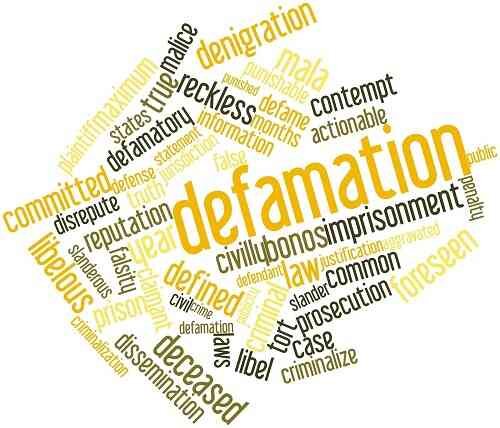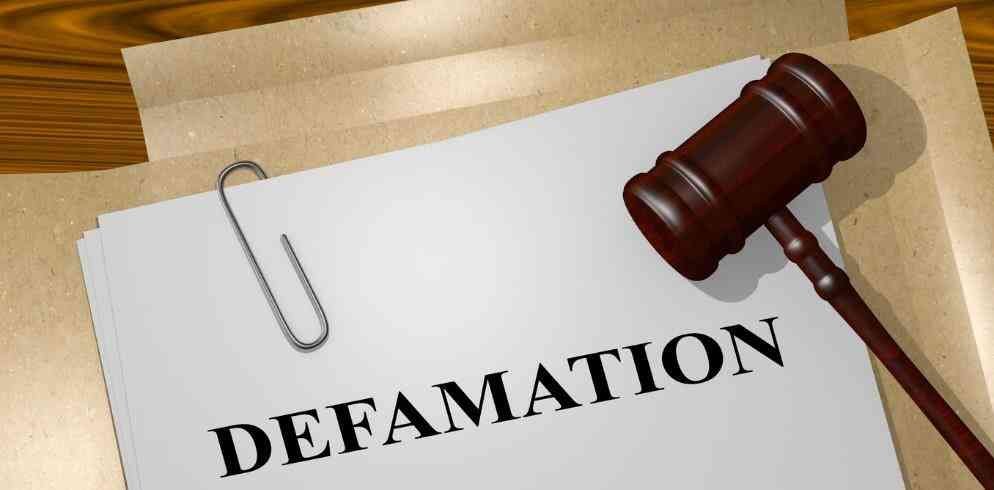Is It Worth Suing For Defamation To Protect Your Reputation?
Has your reputation suffered a blow due to a false statement? Many individuals have experienced defamation in the form of libel or slander, wondering whether to take legal action against the other party. Such a statement can be made out of negligence or intentionally, hence entitling you to a different type of compensation.
Defamation lawyers are the best professionals to hire in the event of defamation claims. Their job is to prove false claims on behalf of clients. These legal representatives are capable of restoring one’s reputation by filing a lawsuit and taking the defendant to trial.
Here is how the entire procedure works.
Looking for a lawyer
Given the challenging nature of defamation claims, you’re encouraged to hire an attorney to handle your case. Commence your search by compiling a list of all the local legal representatives that specialize in this field of law. Don’t feel desperate if no such lawyer operates in your local area, as the number of professionals handling defamation claims is surprisingly low.
Instead of being disheartened, place the focus on looking for a successful litigator. As long as the attorney has an impeccable track record and charges a contingency fee, he/she can become the right person to protect your reputation. Make sure you get in touch with the most prospective candidates over the phone or schedule face-to-face interviews to discuss the details of your case.
Investigation
After making your choice of an attorney, this professional is expected to conduct an in-depth interview with you to figure out whether your case is viable enough to take the defendant to court. Firstly, the lawyer would want to know the exact defamatory statement, which can be either written or oral. The former is known as libel, whereas the latter is slander.
In the event of a libel, the attorney will most likely ask you to provide a copy of the defamatory statement, taking the form of a letter, public comment, blog post, etc. Regarding slander, the lawyer will be curious about the number of people that heard the statement and the way in which it came to your knowledge. Read more about the difference between libel and slander.
Moreover, the defamation expert will also require a complete list of witnesses so as to check how many of them are willing to cooperate if your case is well-founded. He/she will be interested in the type of damage you’ve suffered, backed up with proof. A plaintiff might be awarded three types of damage, those being general, special, or punitive.
General damages are awarded in the event of reputation loss and public embarrassment, whereas special damages are provided to plaintiffs that have experienced property or professional damage. Conversely, punitive damages are the most demanding to obtain, as these are awarded in the worst defamation scenarios, induced by malice, not negligence.
Filing a lawsuit
In case the attorney believes your case is well-founded, the following step is filing a lawsuit. Legal action might not even be necessary if the lawyer decides to make a settlement offer. Should the defendant agrees to settle, there’s no need for the case to be taken to court. On the contrary, the attorney will be obliged to file a lawsuit.
Start of the discovery process
Once your lawyer takes legal action, the judge is expected to issue a scheduling order, referring to the litigation timeframe. In the course of the discovery process, both parties are supposed to investigate the case of the opposite side, take care of witness depositions, and send document requests.

It takes approximately a year for the discovery process to be completed, during which both parties turn to the judge for assistance. The following link, https://www.thebalancesmb.com/tips-for-giving-a-deposition-4141721, includes some useful tips about giving a deposition.
Trial
In case the process of mediation fails, a defamation trial is inevitable. These trials differ in duration, ranging from a single day to a few weeks. Keep in mind that trials are often postponed due to the hectic schedule of judges. There’s no reason to feel demoralized even if the prosecution gets deferred a few times.
Final word
Suing for defamation can protect your reputation.
Go for it!
Read Other Articles
